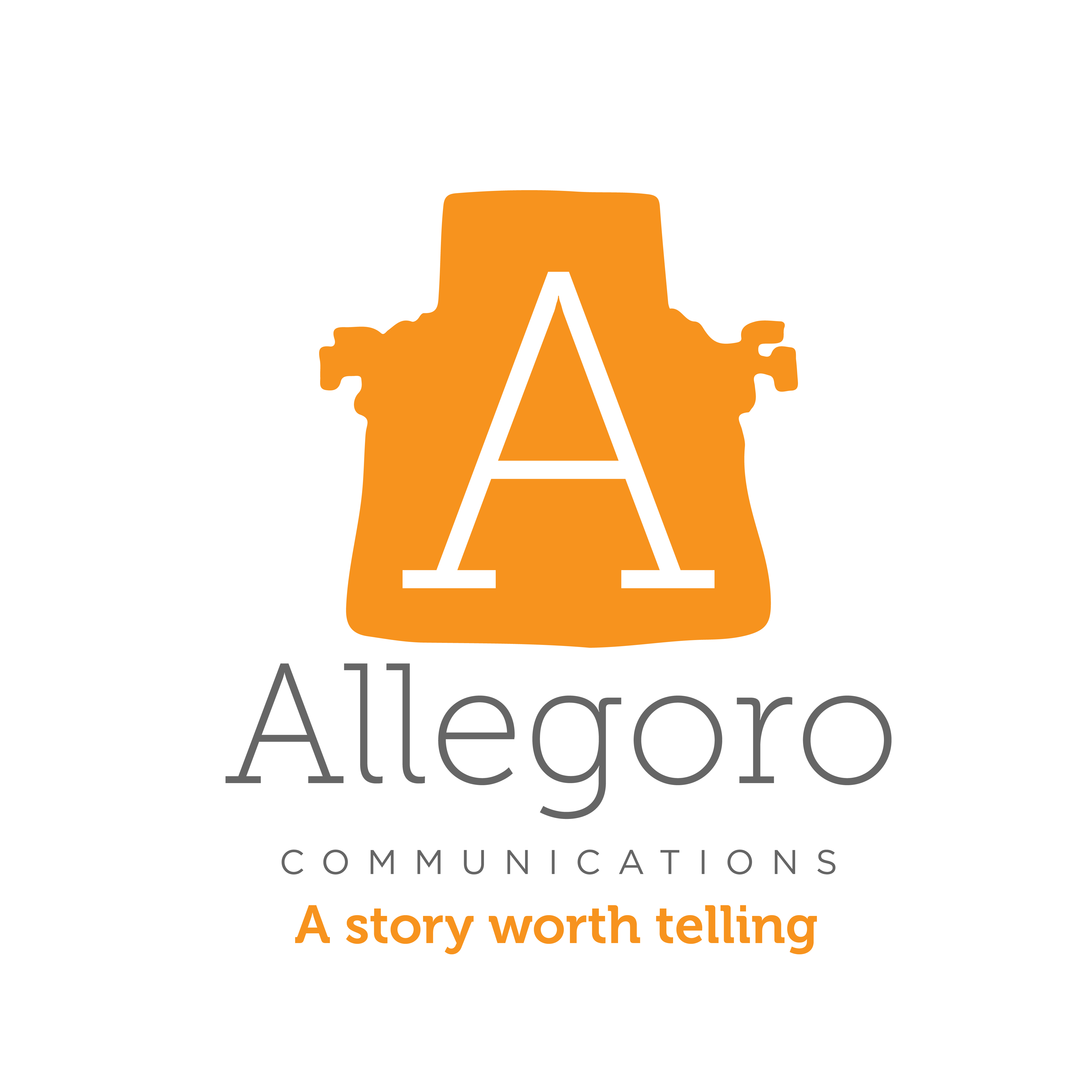
15 Oct Can I be a Content Marketer? The New Indie Conundrum
In a bid to find the truth, I turned to a fellow indie, IABC colleague, content creator, marketer, and curator, Susan Diaz. Susan lives the indie life “helping companies find their content marketing and social media appetite.” She helped break down content marketing into digestable portions thereby highlighting these key considerations for content marketers and employers.
1. As an independent, what are some of the challenges you face as a content marketer?
One of my big challenges is establishing measurement and ROI parameters. It’s hard to explain that while content needs to have clear goals and metrics to track, the number of new followers you got on your Twitter account is not necessarily one. It’s much more relevant to check traffic to your website – unique visitors, time spent, etc. To quote CMI’s @Robert_Rose, analytics can sometimes be ‘weapons of mass delusion’. Numbers going up means very little without a context and a link to your business goals.
Another challenging discussion is consistency. People will ramp up leading to big milestones and while that’s not a bad idea, being completely silent the rest of the time is. This might be because it’s early days yet for mass acceptance of content marketing as a ‘thing’, and many organizations haven’t started allocating formal budgets to it. 2016 will be different I believe, my clients are starting to see value and are putting it into their budgets plan for the year.
2. What are some of the resources that you can recommend for those starting out as content marketers?
I’m a big fan (and moderately worrying stalker) of @NeilPatel. This list of curated links from his Kissmetrics covers pretty much anything you’d like to read about on content marketing. The beginner section is comprehensive and walks you through benefits, goal setting, blogging, creating a content calendar and presents some excellent examples. For the more experienced content marketer, it has sources, tools and several great tricks of the trade.
The Hubspot blog and MarketingProfs are other favourites. It’s also a great idea to look up successful content marketers in different realms (B2B, consumer, various verticals as well as independents), on Twitter.
Read and share materials range from Feedly (all-business news aggregator app) and theSkimm (what I call ‘chick litt’ for news). Others are SmartBrief(which offers newsletters by vertical), BuzzSumo (popular posts by keyword/brand/industry/topic you search), LinkedIn Pulse, and don’t forget Google!
3. What should employers be looking out for in those who claim to be content marketers?
Before anything else, do a quick check to see how well your prospective content marketer walks the talk. Do they have a blog? (A blog doesn’t have to be a long WordPress discourse; a well-managed Tumblr account that tells a compelling visual story counts.) When is the last time they posted? Are they active on the channels they recommend? Do they understand the value of strategy and measurement? Do you like their thinking and style of writing? Do they display range? Are they familiar with your industry or show an ability to learn? Ask to see legitimate samples of their work and speak to references.
Also, do you like the person? A content marketer, even on the outside, is part of your marketing team, so people dynamics matter.
4. What are some of your content marketing predictions for 2016?
I see change coming in four areas:
a. Content will go visual
b. SEO will become better integrated into content
c. Distribution will expand to more channels
d. Technology will seize its opportunity in marketing
5. As a content marketer, what are some of your daily tasks for your clients?
A lot of writing! In a regular day, I do A LOT of reading and research as well. Both for curation on social media for clients (and myself) as well as to form the basis of the content I create. You can’t create content unless you consume content.
Increasingly, I find I do more visual work. I’m no designer by any means! It’s just the nature of the job. If you have an eye for beauty, life is much easier with things like taking and sourcing pictures for visual posts, twitter cards and the like. I also create infographics – my favorite tools for those are Pictochart and, more recently Canva.
Lastly, my days involve a fair chunk of community management: posting to, engaging and conversing with audiences on various social channels. Which is why my smartphone is my best friend (or something sounding less sad). So listen up Gen Z, the next time someone tells you to put your phone away, tell them there are careers involving staring at your phone that you’re preparing for!
6. Do content marketers HAVE to be social media buffs and digital geeks? What about those who haven’t really bought into the whole social media thing yet?
While content is becoming vital to any successful marketing plan today, a large part of its success depends on the distribution. Which in 2015 in primarily digital. So I’d find it hard to envision a mutually exclusive situation for content and social.
Having said that, finding a good creator of content is not easy. If someone is a superlative writer or designer but isn’t keen on the social space, prioritize them over someone who understands the channels but can’t create. The way I’d do it would be to look at your offerings as a team. If you create great content, get together with someone who is passionate about social and offer the whole package, and vice versa.
7. How can you identify content marketing hacks?
Oh, this is always a good one! Beyond a point, depth is what will give someone away. They’ve got to slip up somewhere if they’re not the real deal! Ask lots of questions and the right ones. Pretty soon you’ll be able to tell who really knows their stuff and who can’t tell an advertorial from an infographic!
by: Sohini Bhattacharya (Co-Founder & Managing Partner) Allegoro Communications – Published in IABC’s Communicator Magazine



Sorry, the comment form is closed at this time.